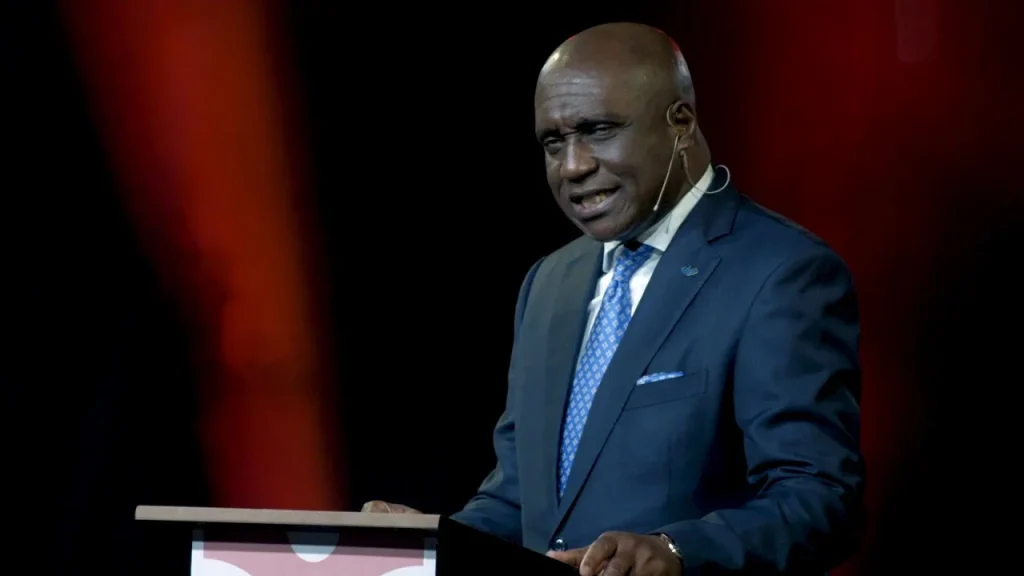The Central Bank of Nigeria has announced a significant increase in diaspora remittance inflows, with monthly figures rising from $200 million to $600 million. According to Governor Olayemi Cardoso, this surge is a result of the bank’s policies aimed at diversifying the country’s foreign exchange inflows. Cardoso disclosed this information at the Delta State–Brazil Business and Investment Roundtable in São Paulo, Brazil.
The governor noted that when the Central Bank first began exploring diaspora flows as a potential source of foreign exchange, critics were skeptical. However, the bank’s efforts have yielded positive results, with Nigerians in the diaspora now showing increased confidence in using formal remittance channels. This shift has contributed to the notable increase in remittance inflows.
In the last two months, the Central Bank has reported a monthly remittance inflow of $600 million. Looking ahead, Cardoso anticipates that this figure will reach at least $1 billion by next year. This projected growth underscores the potential of diaspora remittances as a vital source of foreign exchange for Nigeria.
The appreciation of the naira against the dollar, which closed at N1,535.47 on Thursday, is also seen as a positive development. This trend is supported by a sustained rise in external reserves, which currently stand at $41.24 billion, according to Central Bank data.
The increase in diaspora remittance inflows is a significant development for Nigeria’s economy, as it provides a valuable source of foreign exchange. As the country continues to navigate economic challenges, the growth of remittance inflows is likely to play an increasingly important role in supporting economic stability and development. With the Central Bank’s policies aimed at promoting formal remittance channels, Nigerians in the diaspora are likely to remain a vital source of foreign exchange inflows for the country.



